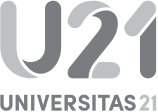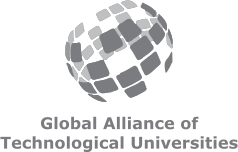About Mass Spectrometry
Mass spectrometry is about 100 years old and today is one of the most powerful methods of molecular analysis available. It is used in many different areas of science and engineering. Mass spectrometers are sophisticated and expensive instruments that require highly skilled operators.
What does Mass Spectrometry do?
Mass spectrometry (or MS) is a way to measure the mass of individual molecules, fragments of molecules or individual atoms. The mass of these tiny particles is microscopic. A molecule of water, for example, weighs about 10-22 grams (i.e., 0.0000000000000000000001 g)! It does this by separating ionised molecules according to the ratio of their mass to their charge.
More detail on Mass Spectrometry
A detailed article on mass spectrometry and its applications can be found on the American Society of Mass Spectrometry (ASMS) web site.
Australian and New Zealand Society for Mass Spectrometry
This regional society brings together scientists whose major specialisation involves mass spectrometry. The ANZSMS web site contains links to mass spectrometry research groups in Australia and overseas. It also provides links to mass spectrometry journals, upcoming conferences, other mass spectrometry societies, a member registry and more.
International Mass Spectrometry Foundation
The IMSF is an international organisation that unites all national mass spectrometry societies.







